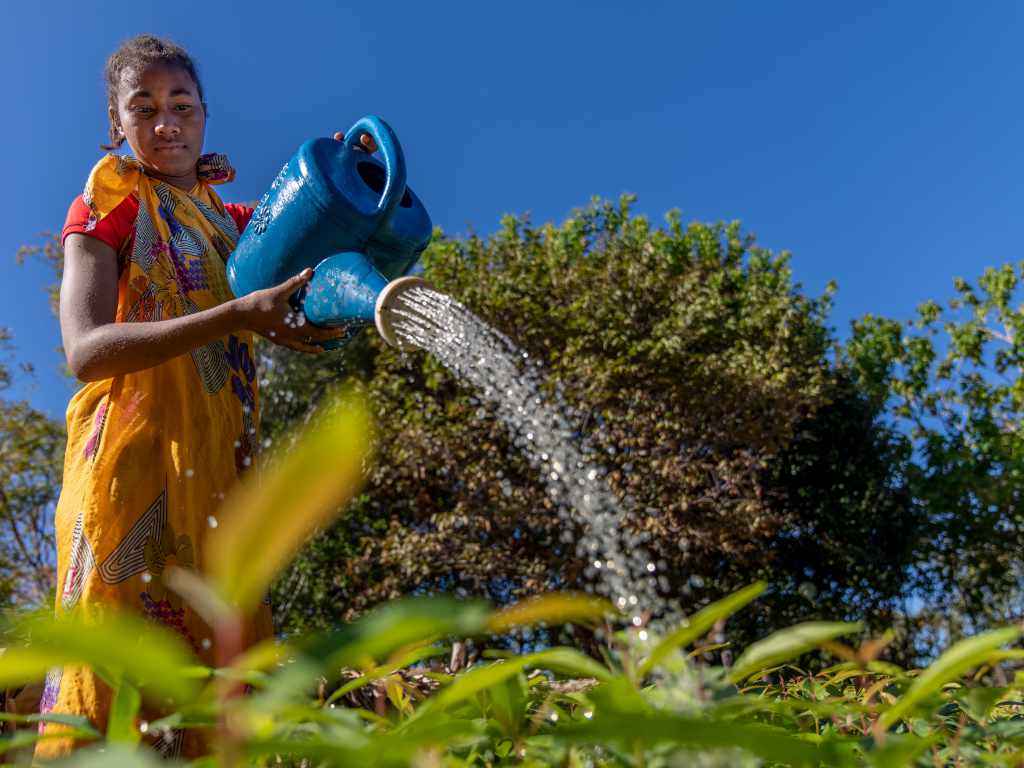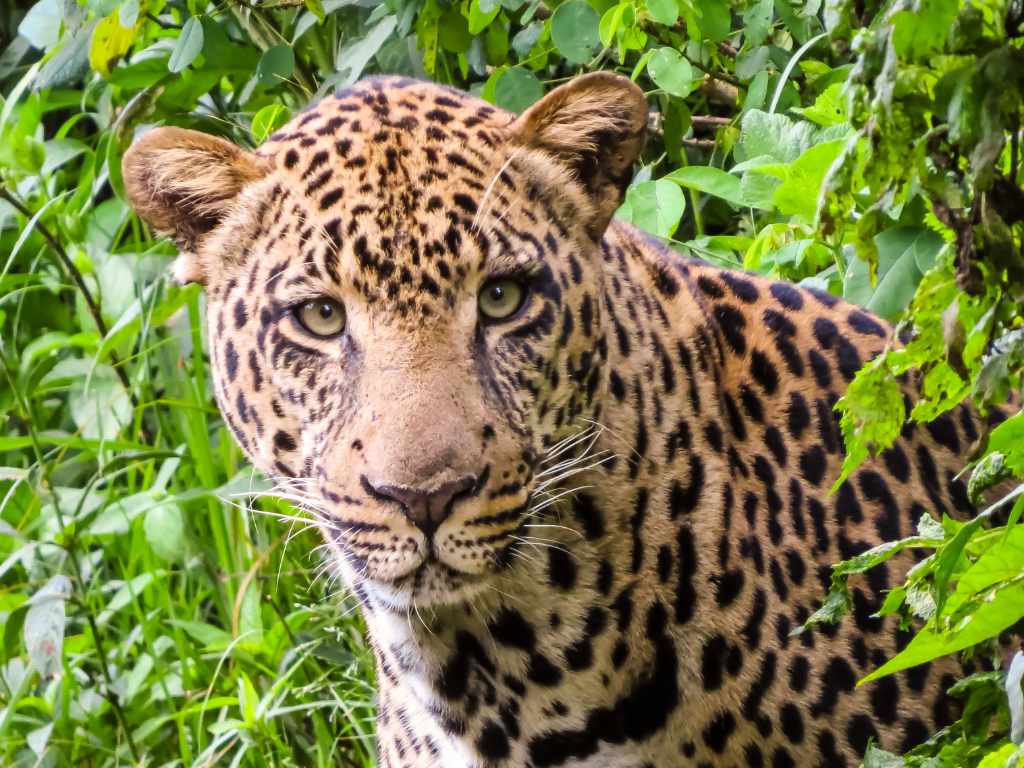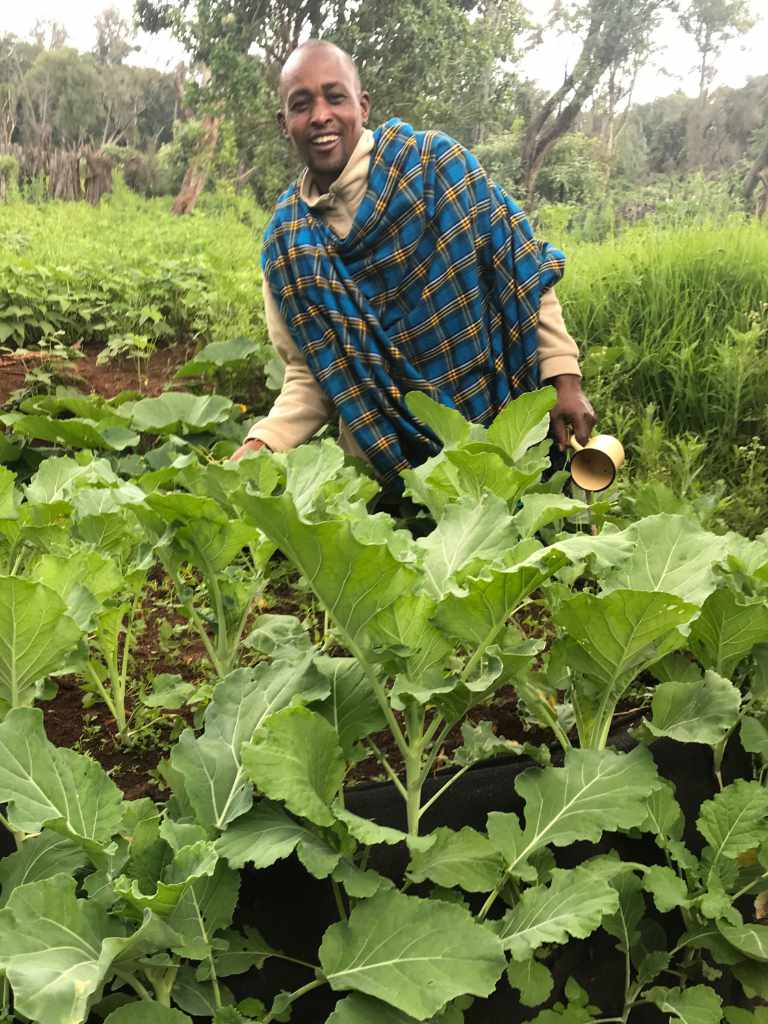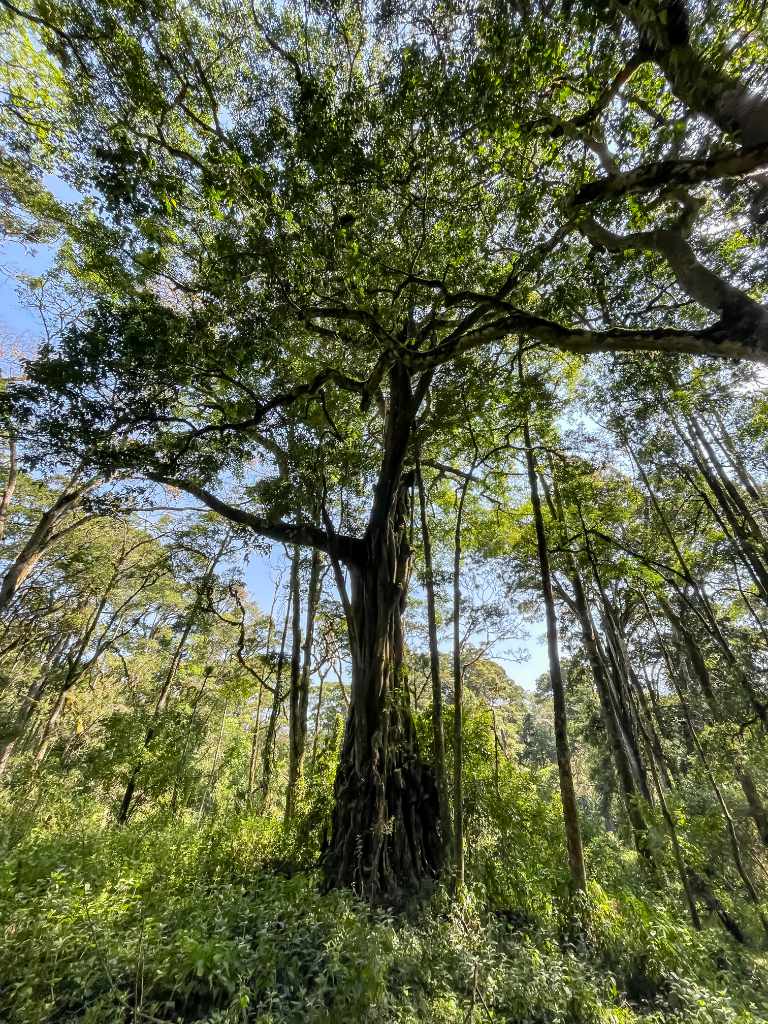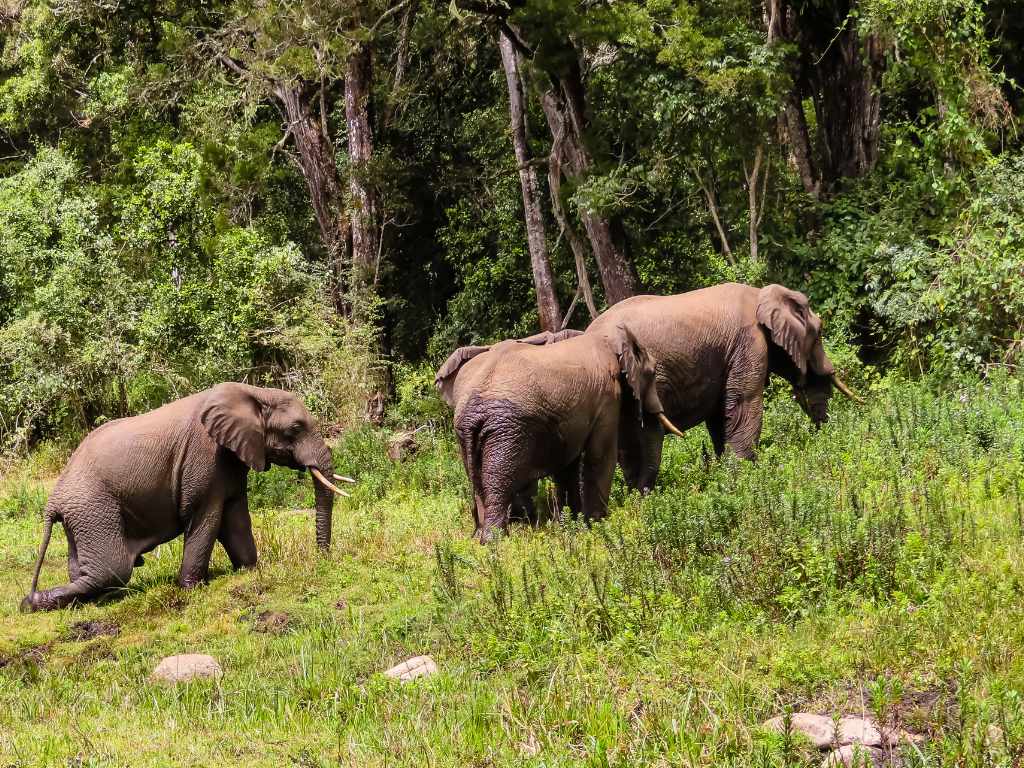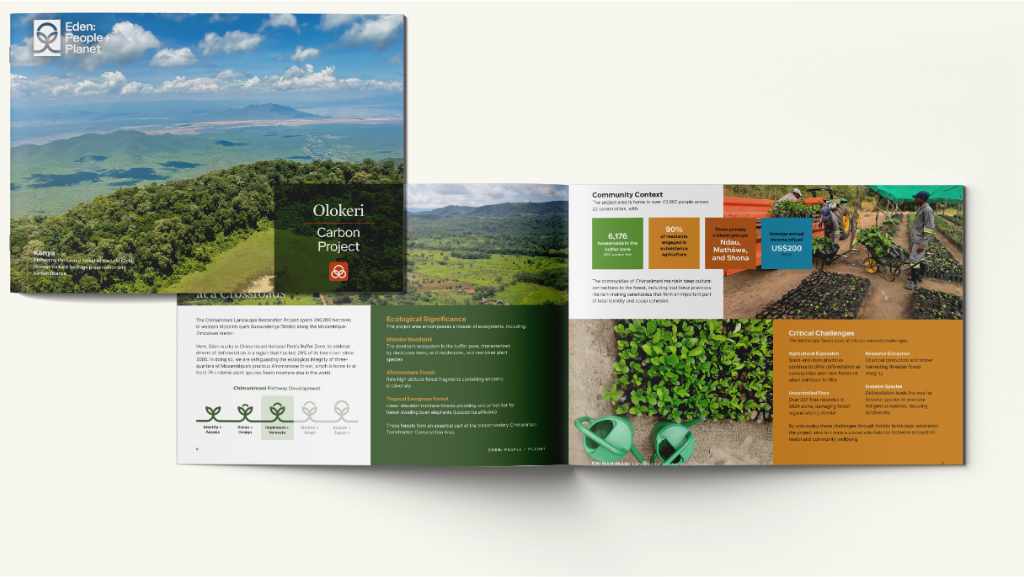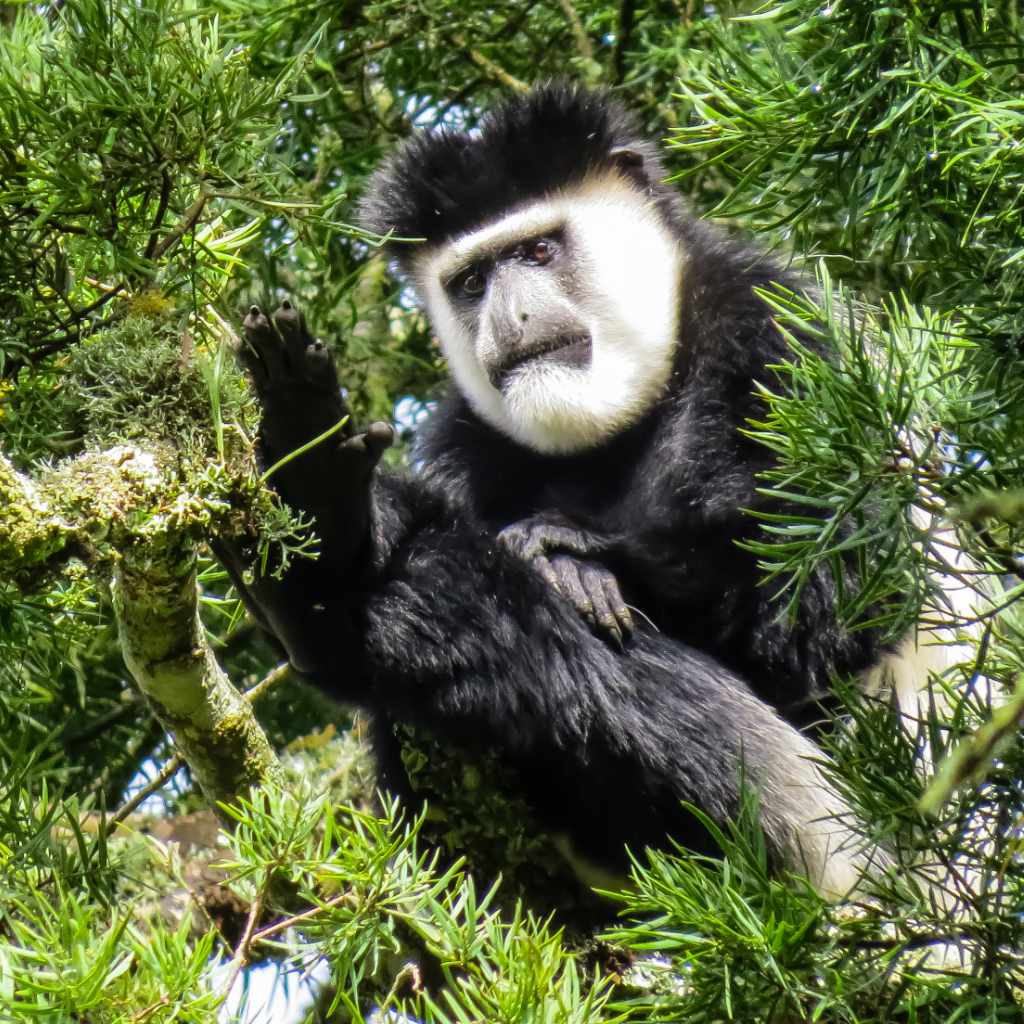
Our Projects
Olokeri Carbon Project
Project Overview
The Olokeri Carbon Project is a landscape-scale carbon-eligible restoration initiative under design, integrating traditional Maasai stewardship with modern conservation approaches across 153,000 hectares in Kenya’s Loita Hills. The project targets the culturally sacred Naimina Enkiyio Forest (“Forest of the Lost Child”), implementing both REDD+ and ARR activities to address critical deforestation drivers through a 40-year commitment.
Through Eden’s blended finance approach, the project demonstrates how philanthropic support can be multiplied through carbon credit generation while preserving vital habitat within the Eastern Afromontane Biodiversity Hotspot. The initiative employs community-led land use planning across multiple adjudication sections to ensure project sustainability.
The phased implementation strategy respects complex land tenure dynamics while working to protect this critical “water tower” that sustains surrounding plains. This integrated approach ensures the forest maintains its dual role as both a carbon sink and sacred site for Maasai ceremonies and traditional knowledge.
Ecosystem
The Olokeri Carbon Project encompasses exceptional biodiversity within the Eastern Afromontane Biodiversity Hotspot, centered on the culturally sacred Naimina Enkiyio Forest. This 188,000-hectare landscape features a mosaic of carbon-rich ecosystems including dense Afromontane forest, riverine corridors, open savannah woodlands, and perennial wetlands that collectively form a critical water catchment.
Through a 40-year commitment, the project will address significant drivers of forest loss including agricultural expansion, timber extraction, and unrestricted grazing, which currently result in annual deforestation rates of 0.94% for closed forest and 0.46% for open woodland. The landscape supports numerous threatened species including endangered African elephants, vulnerable lions and leopards, and endemic plants like Craterostigma iloitaii.
The project’s carbon-eligible restoration approach targets protection of 116,000 hectares and restoration of 5,000-20,000 hectares, with potential to generate 8-29 million tCO₂e in carbon credits while preserving essential ecosystem services and rich biodiversity through community-led conservation.
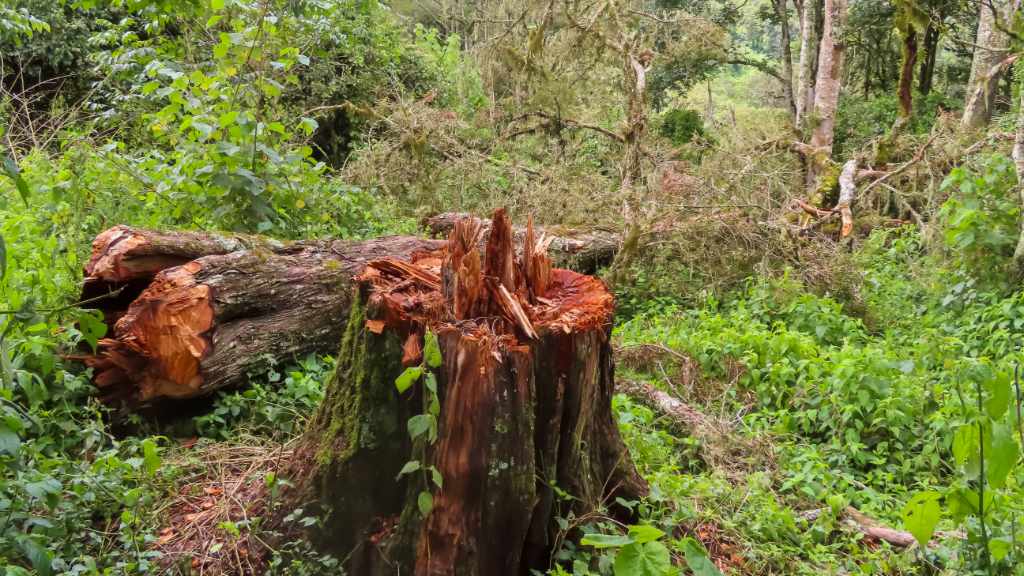
| Stat Label | Stat Value |
|---|---|
| Project Area | 153,000 hectares |
| Carbon Potential | 8-29 million tCO₂e |
| Biodiversity Protection | 5+ endangered or threatened species |
| Implementation Timeline | Phased approach across 3 community areas (2025-2027) |
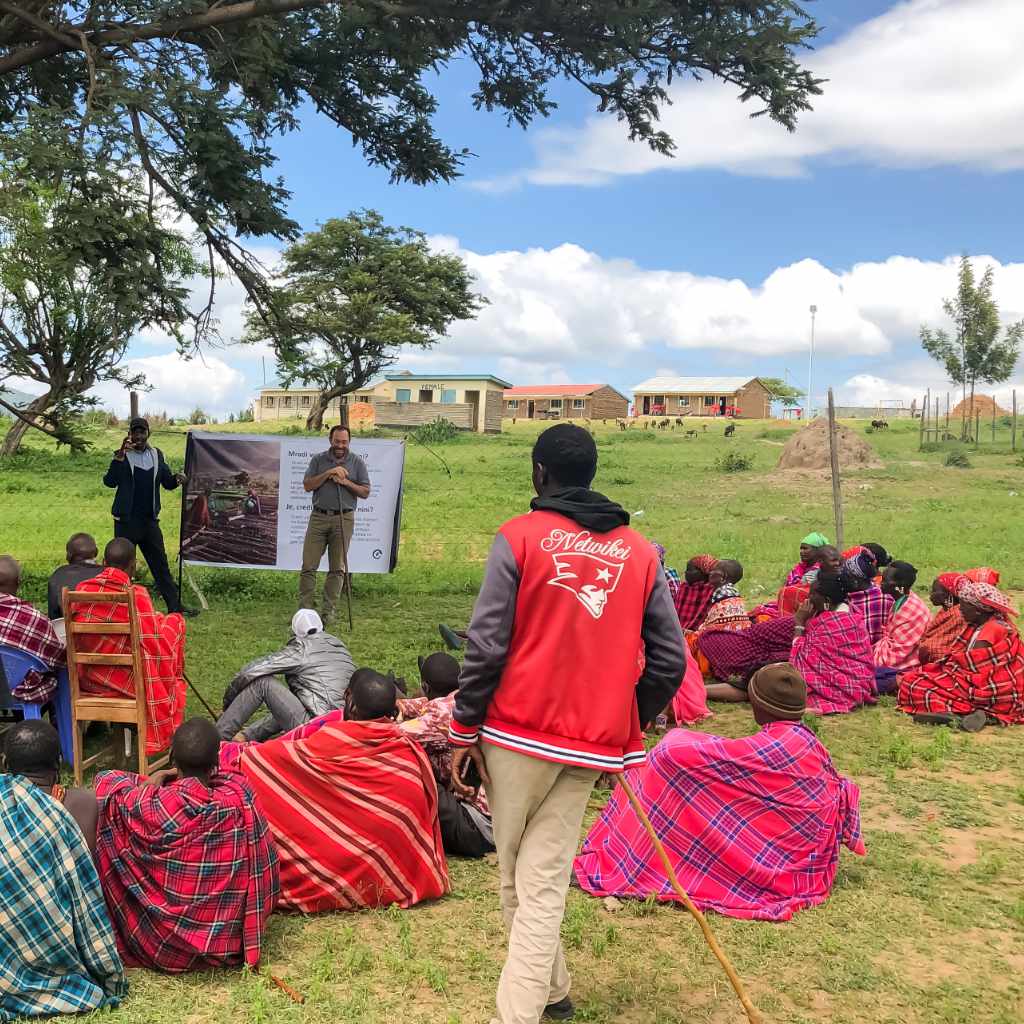
Community
The Olokeri Carbon Project centers on partnership with Maasai communities in Loita Ward, where approximately 33,700 people across 6,400 households maintain deep cultural connections to Naimina Enkiyio Forest (“Forest of the Lost Child”). The landscape contains numerous sacred sites essential for ceremonies and traditional practices, with communities historically protecting the forest through Traditional Community Based Forest Management (TCBFM).
While traditional Maasai livelihoods revolve around pastoralism with seasonal migration patterns, including designated dry-season grazing reserves (olokeri), there is increasing transition to small-scale agriculture. Recent land adjudication processes converting communal land to private ownership present both challenges and opportunities for conservation.
Through Eden’s blended finance approach, the project will establish a 40-year framework where carbon credit generation supports both forest protection and community wellbeing across 153,000 hectares. This partnership ensures cultural heritage and traditional knowledge remain central to conservation success while creating sustainable economic opportunities through REDD+ and ARR activities that can multiply initial philanthropic investment.
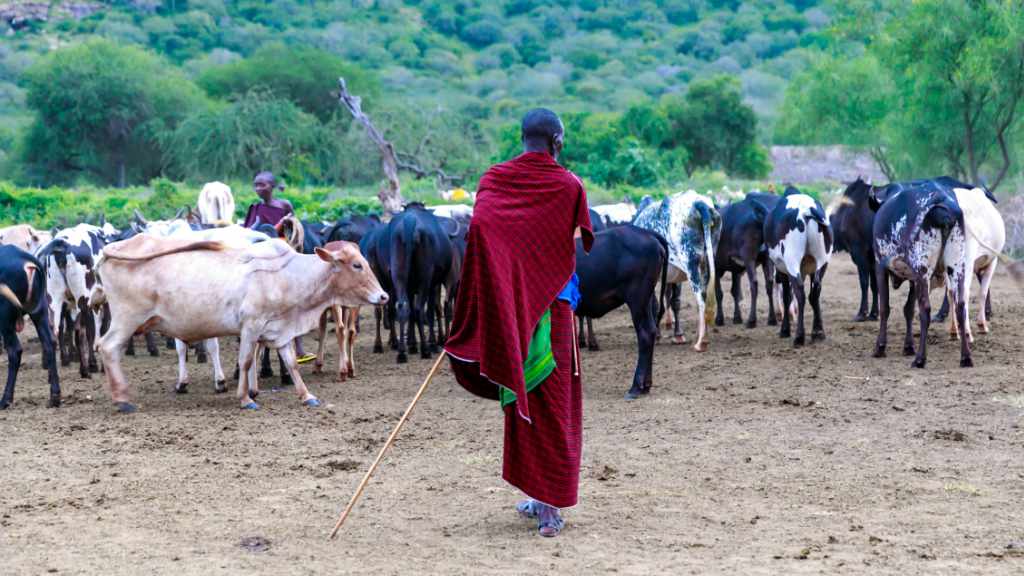
Technical Approach
The Olokeri Carbon Project integrates REDD+ and ARR activities across 153,000 hectares to demonstrate how philanthropic support can be multiplied through carbon credit generation over a 40-year commitment. Following VCS methodologies VM0047 and VM0048 with CCB certification, the project targets 6-21 million tCO₂e through REDD+ and 2-8 million tCO₂e through ARR activities.
Our implementation strategy encompasses:
– Community-based forest protection blending Maasai traditional knowledge with modern monitoring technology
– Participatory land use planning that preserves both ecological corridors and sacred cultural sites
– Active reforestation of 5,000-20,000 hectares using native Afromontane species
– Sustainable grazing management systems incorporating traditional “olokeri” dry-season reserves
– Fire management programs to protect forest carbon stocks
The project follows a three-phase geographical approach: Phase 1 (69,000 ha) in 2025, Phase 2 (34,000 ha) in 2026, and Phase 3 (13,000 ha) in 2027. Regular carbon verification occurs every three years, supported by forest inventory plots, biodiversity monitoring, and socioeconomic impact assessments.
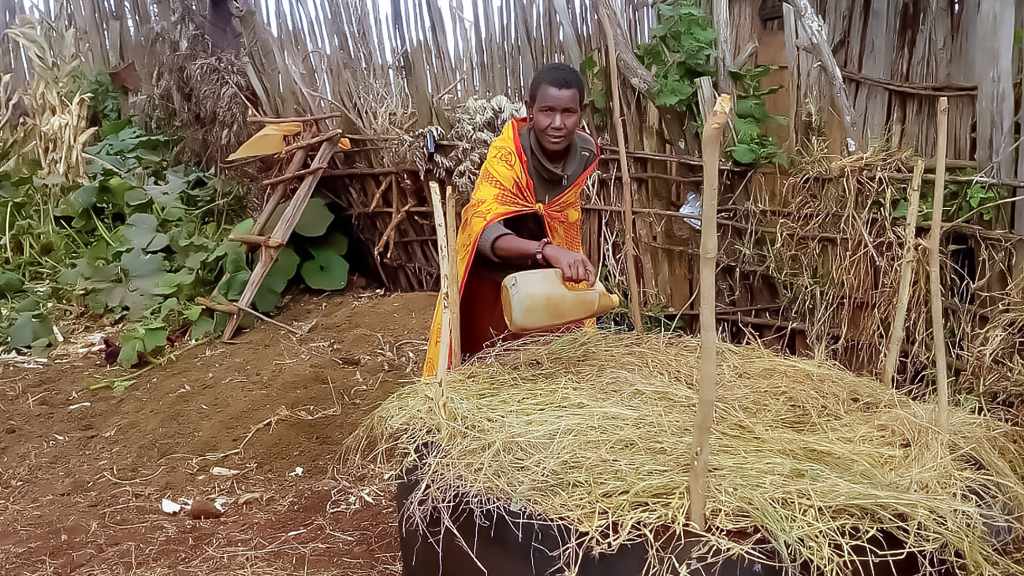
Progress and Impact
The Olokeri Carbon Project represents a significant carbon-eligible landscape opportunity, with potential to generate 8-29 million tCO₂e in verified carbon credits over its 40-year lifespan through combined REDD+ and ARR activities. Key development progress includes:
• Completed feasibility study identifying 153,000 hectares suitable for carbon project activities
• Initiated stakeholder engagement across six adjudication sections
• Established partnerships with Mara Elephant Project and Forest Guardians
• Commenced baseline carbon stock assessment and deforestation analysis
• Mapped traditional forest management zones with community elders
2025 priorities focus on completing the Project Design Document, conducting Vision + Design workshops, establishing carbon measurement plots, and developing Phase 1 land use plans. This foundation will enable successful implementation while ensuring community-led project design aligned with traditional Maasai values.
